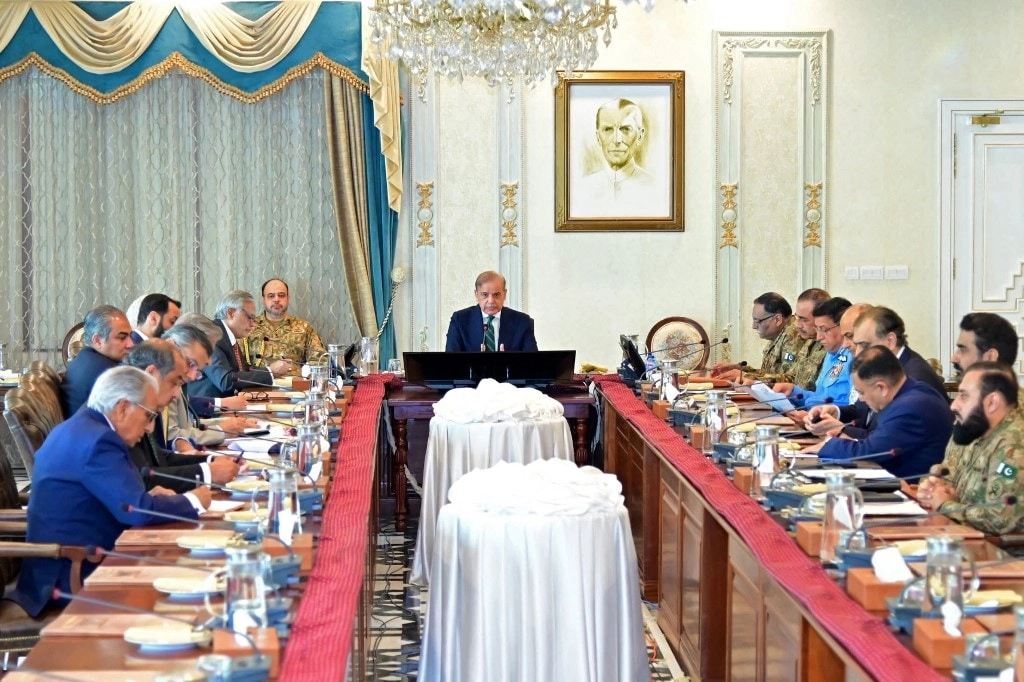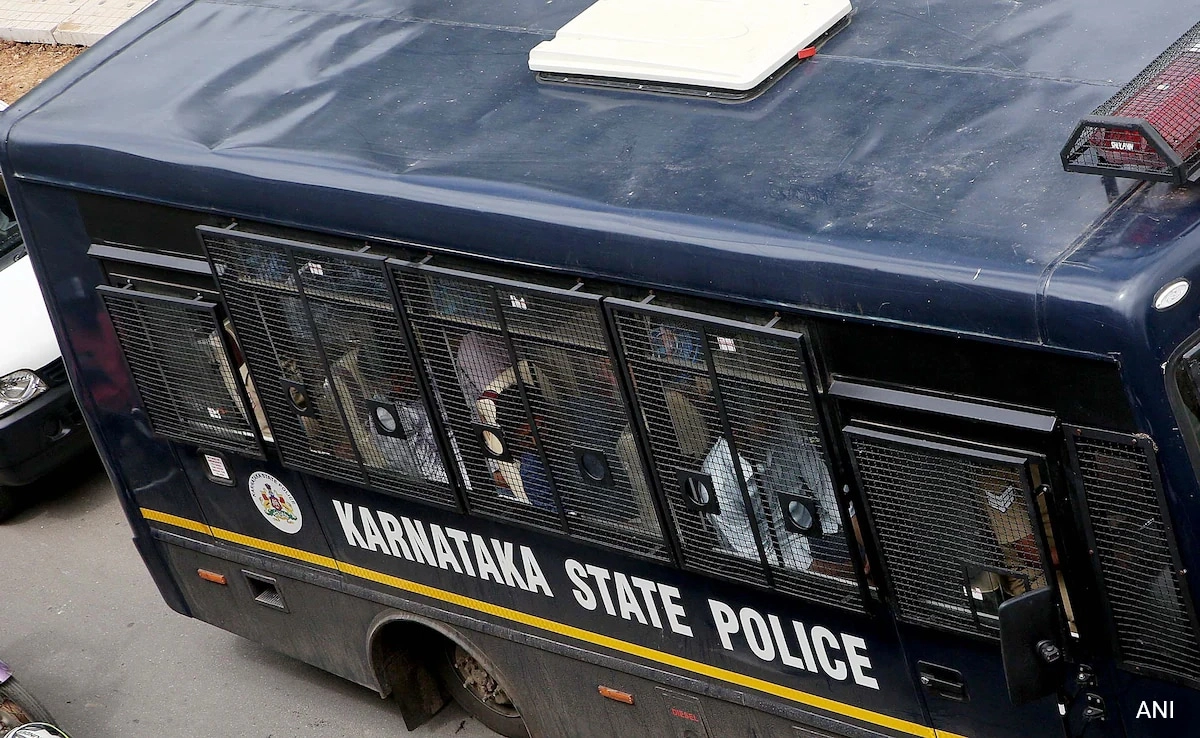In a significant development in South Asian diplomacy, Pakistan has invoked its right to suspend all bilateral agreements with India, including the historically significant Simla Agreement. This decision underscores the deteriorating relationship between the two nations, particularly in light of ongoing tensions surrounding Kashmir and other contentious issues. The Simla Agreement, signed in 1972, was intended to provide a framework for peaceful resolution of disputes and emphasized the importance of dialogue between the two countries. However, Pakistan’s recent stance highlights a growing frustration with India’s policies and actions, which Islamabad perceives as violations of the spirit of this agreement.
The suspension of these bilateral pacts signifies a broader shift in Pakistan’s approach to its relationship with India. The move can be seen as a response to India’s increasing military presence in disputed areas, as well as its domestic policies that Pakistan claims undermine the rights of Muslims in the region. By suspending these agreements, Pakistan aims to send a clear message that it will not tolerate actions that it views as aggressive or unilateral. This decision is not merely a reactionary measure; it reflects a strategic recalibration in Pakistan’s foreign policy, seeking to assert its stance on Kashmir and other critical issues more firmly on the international stage.
Moreover, this development may have far-reaching implications for regional stability. The Simla Agreement has long been considered a cornerstone of Indo-Pak relations, promoting dialogue and preventing escalation into conflict. By suspending it, Pakistan risks further entrenching the divide between the two nations, potentially leading to increased tensions and a cycle of retaliatory actions. The international community, particularly key players in South Asia, will be closely monitoring these developments, as they may influence diplomatic efforts aimed at de-escalating tensions and fostering dialogue.
In conclusion, Pakistan’s assertion of its right to suspend bilateral pacts with India, including the Simla Agreement, marks a pivotal moment in the ongoing saga of Indo-Pak relations. This decision not only reflects the current state of affairs between the two nations but also poses challenges for future diplomatic efforts. As both countries navigate this complex landscape, the potential for conflict looms large, necessitating a renewed focus on dialogue and cooperation to address the underlying issues that continue to drive their contentious relationship.




